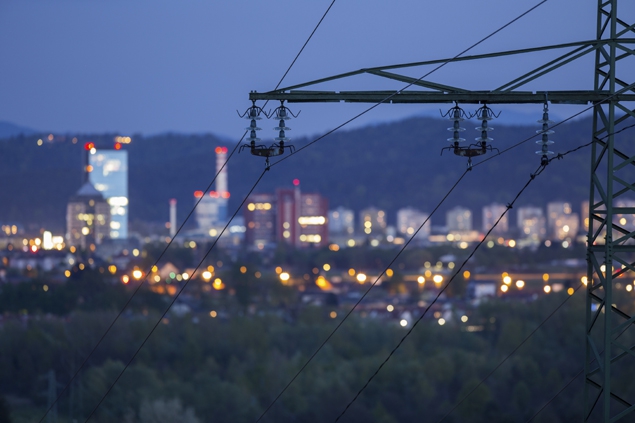
This observation was outlined in an initial France Stratégie report published in January 2014 featuring analyses by three European economists, namely Marc Oliver Bettzüge, Director of the Institute of Energy Economics at the University of Cologne, Dieter Helm, a Professor of Energy Policy at Oxford, and Fabien Roques, an Associate Professor at Paris-Dauphine University and Vice- President of Compass Lexecon.
This new study, which includes contributions from the same experts, suggests a number of measures designed to correct flaws in the current system and create a new European energy policy and is based on the following, now widely-shared, observations:
- the economic crisis and the rise in new means of production, and intermittent energy from renewable sources (EnR) in particular, which are remunerated out-of-market, as well as thermal power plants, have resulted in an overcapacity scenario, a price collapse in the wholesale market and the closure of gas power plants owing to a lack of profitability, thus threatening the security of electricity supply;
- the current prices we are seeing in the wholesale electricity market and the uncertainties surrounding their evolution is making it extremely difficult to attract the investment required to guarantee production until 2030;
- at the same time, electricity prices for consumers, both individuals and businesses, have risen significantly, thus increasing energy instability, heightening divides between European countries and the rest of the world, and weakening the competitiveness of industrial players in what is an already gloomy economic situation;
- the European Union is very close to its objective of reducing its greenhouse gas emissions by 20% by 2020 (in relation to 1990), but this reduction is largely due to the switch in its economy towards services, the increase in fossil energy prices and the economic crisis; indeed, in certain Member States, CO2 emissions have even started to rise again as a result of the increased use of coal to produce electricity;
- certain Member States are highly dependent upon Russian gas, resulting in an asymmetrical relationship in the negotiation of contracts with gas producers.
The creation of a real Energy Union is therefore more important now than it has ever been. Over the course of its session held in March 2015, the European Council chose to base this initiative on five key pillars inherited from the policies that have shaped the European energy scene over the past twenty or so years, namely the full integration of the European energy market, resulting in the construction of cross-border gas and electricity networks, the decarbonisation of the economy, energy efficiency as a way of regulating demand, energy security, and finally research, innovation and competitiveness.
The European Union is therefore seeking to lead by example with regard to fighting climate change in the run-up to the COP21, to develop a sense of solidarity between its members in the supply of gas and to boost its industrial activity. Such ambitions can only be applauded, whilst agreeing on the fact that they may not provide sufficient motivation for such a Union to be recognised.






